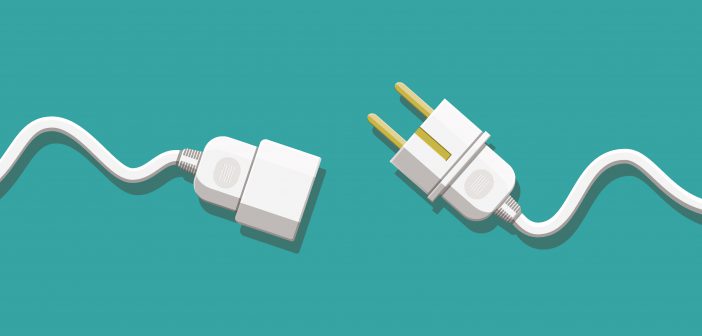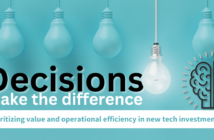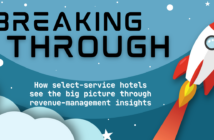by Don Kermath
Buying new hospitality tech is like buying a new car. You should take it for a test drive before you buy it. Guenter Gephard, general manager of Four Seasons Riyadh, Saudi Arabia, says the best tech advice he’s received is, “Always test it before you use it.” In the case of Four Seasons, they test end-user tech in a lab six to eight months before it ends up in a hotel room. “Always have a backup plan just in case the platform fails,” said Hazelynn D’Arco, general manager of La Quinta Downtown Baltimore, MD. Additionally, said Gephard and D’Arco, there is a class of guests that prefers to avoid technology.
For these guests, you need to make the tech seamless and give them a way to bypass the tech and deal directly with a human. That’s advice any hotelier can use, from international luxury brands to local casual hotels.
Introducing new hotel tech can have unintended, but often predictable, consequences. For example, Four Seasons tested a system to open and close curtains from a control panel. During testing, they discovered guests pulled and consequently tore the curtain instead of first looking for a button to open or close the curtain. As a result of testing, they were able to have the system modified to sense when the guest was trying to manually open or close the curtain. At this point, the motor would finish the task for the guest. In this case, the technology was unfamiliar to the guest. If you don’t have a laboratory to test new tech, ask your vendor to install the tech in one room and test it over a period of months before committing to full-scale implementation. Be sure to ask your vendor about redundancies and back-up options in case the system fails, temporarily or permanently.
Redundancy makes good business strategy, D’arco said. It is easy to become dependent on the latest tech. La Quinta has a lodging operating program, for example, that automatically translates communications between the varied languages of the staff. You can’t trust that your technology will always work, you need a backup plan. Try to have at least one bilingual person on staff, in this example, so you can convey important instructions during a communication system failure. Where practical, you should inventory replacement parts for customer-facing technology, like room thermostats, TV remotes, and WiFi routers. Once you introduce the new tech, the guests will expect it to work reliably. You could lose repeat business, for example, if your WiFi is not working during a guest’s visit – not to mention generating poor online reviews. Always have a backup plan or workaround in case of system failure. According to D’Arco and Gephard, you also need to accommodate the guests who prefer not to engage with technology but rather with you, a human.
Ultimately, you’re in the hospitality business. That means the human touch will always be desired. Technology can be used to improve the human touch. Property management systems for luxury and casual hotels now store personal information about the returning guest.
Suggested data points for a luxury brand:
- Does the guest like chocolate?
- What is his or her preferred room temperature?
- Does he or she prefer dealing with a human instead of a mobile device?
Suggested data points for the casual hotel to maintain and monitor:
- When was a guest’s most-recent visit?
- How long did he or she stay?
- Were there any complaints or compliments logged?
With this information at hand, your staff can personalize the stay for your repeat guests. An automated text or email will never replace the feeling your guests get when you call them by their names.
Hotel technology is advancing faster than a savvy business person can comprehend. Imagine how your guests and staff feel. Always test the tech before wide-scale implementation so you can avoid disastrous unintended consequences. Tech is going to fail, sooner or later, temporarily or permanently; have a back-up plan so your guests always have the best experience possible. Finally, while you are fiddling with your workstation or staring into your mobile device, don’t forget to look up; your staff and guests want to see your joyful smile and hear your gracious voice. You are in the hospitality business after all.
Don Kermath is a human resources, communications, and connections expert who strives to empower hospitality leaders to transform their workforce into productive, cohesive, team players who stay for the long haul and contribute to innovation and excellence on the job. After meeting with Don and exploring how you are currently trying to improve your organization, you may discover that his highly customized programs make sense for you (and could really benefit your bottom line). Email Don at [email protected] or visit www.DonKermath.com for more information.




